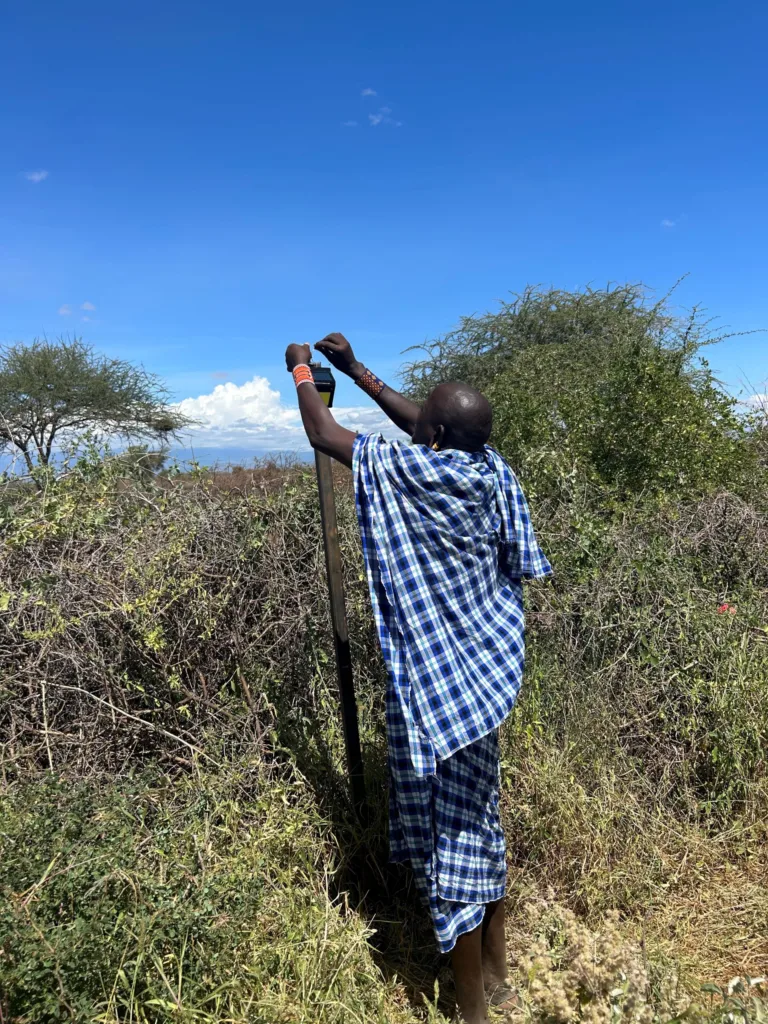Seeds of Change: Studying the Social and Environmental Impacts of Agrotourism
Costa Rica has promoted sustainable tourism to attract visitors interested in preserving and improving the places they visit. Agrotourism further specializes in providing farming and rural experiences. Agrotourism is particularly desirable because it attracts paying visitors to rural communities that want to preserve their agricultural traditions while influencing visitors’ perspectives on their relationship to nature. Yet shifting from traditional agriculture to developing rural experiences for tourists creates many challenges in isolated areas among people with low adaptive capability.
Our direct research study site for Summer Session 1, the village of Mastatal, has proven uniquely able to adapt to this shift. What factors have enabled this community of just 150 people to support four ecolodges? And what environmental and social impacts has the presence of agotourism had on the local environment and community? Through this study we considered the benefits and challenges generated by rural tourism from various lenses.
Two Seeds
The root of agrotourism in this area is the existence of La Cangreja National Park, which is a tourist attraction. But without lodging or additional activities this rather isolated Park may not act as a magnet for tourism by itself. The area began attracting more tourists with the opening of Rancho Mastatal on the border of the Park in 2002. As a sustainable education center, Rancho Mastatal, offers classes in polyculture, food preservation and sustainable construction. They also host students and tourists and offer apprenticeships. Rancho Mastatal is owned by two Americans but strives to sustain the community instead of being self-sustaining. In addition to employing and purchasing locally, they have offered classes to community members.
How Those Seeds Have Grown
As local youth grew up learning sustainable concepts from Rancho Mastatal and witnessing the economic potential of hosting tourists, three traditional farming and cattle ranching families also opened agrotouism operations. Our research demonstrates that young family members acted as a bridge between traditional agricultural knowledge and new agricultural methods and business opportunities. Each of the three newer ecolodges are on family farms with young adults heading agribusiness enterprises. One revived the family cacao plantation and offers chocolate tours. Another specializes in English classes and bird watching tours while all offer voluntourism and group lodging. The younger generation has the English language and social media skills that are essential to participate in tourism and for attracting visitors to a remote rural area.
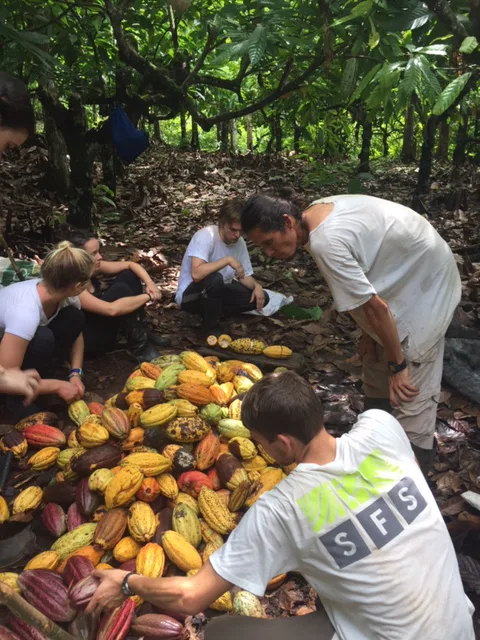
Students harvesting and sorting cacao pods at La Iguana Chocolate Farm with Jorge Salazar, one of the young entrepreneurs who has steered his family’s farm towards agrotourism
Fruits of Agrotourism
Tourism is perceived to have had a positive environmental impact in Mastatal. Many of the eco-lodges have converted pasture land into forests or agroforestry operations as part of their goal to become more sustainable, which has increased biodiversity in the area. Most Mastatal residents observed an increase in biodiversity (52%) and forested areas (55%) and most said that they had undertaken efforts to plant trees on their own land (55%). Many residents in the survey also noted that there were more positive attitudes about the environment in town and a greater awareness of the value of ecological resources.
One study considered the economic impacts of tourism as related to employment opportunities. 12 out of 31 (39%) locals surveyed indicated that they are employed in tourism, most commonly in in cleaning, cooking and agricultural positions. There is also a secondary economic impact, with many locals selling produce, eggs and occasional services to the lodges. Sixty-eight percent of those surveyed identified tourism as a positive economic driver in the community.
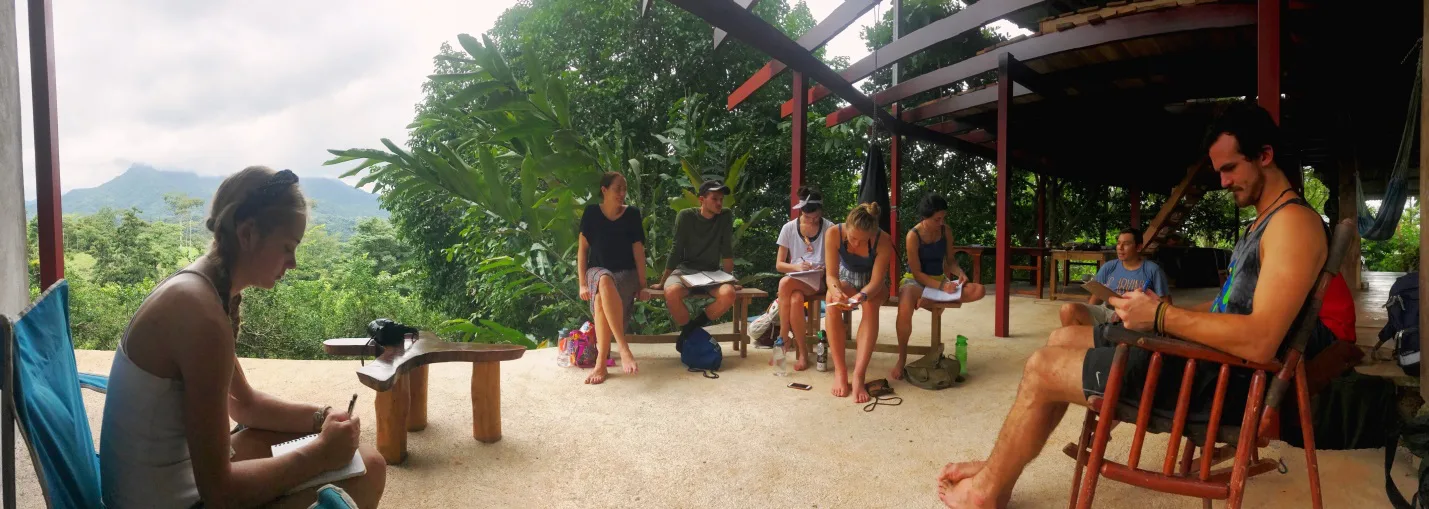
Students interviewing the owner of Siempre Verde Ecolodge with La Cangreja National Park in the distance
Weeds
All lodge owners noted a period of time when the high number of low paying voluntourists visiting Mastatal was causing social problems. Some of the visitors were more interested in partying than respecting the local culture, so lodges made an adjustment to their target audiences. Now most of the lodges rely on their webpages and Facebook, instead of voluntourism webpages, to attract tourists and volunteers interested in learning and experiencing the rural/agricultural lifestyle.
The main negative impact of present tourism, as cited by respondents, was lack of personal benefits to themselves. This indicates that tourism could create divisions in the community. One solution being considered is a collective shop at the community center to sell local vegetables and artisanal goods, giving all community members access to the economic benefits of tourism.
Continued Harvest
More tourists are seeking experiences that provide knowledge about the origins of their food and sustainable production. Through a mixture of cultural preservation and modern adaptation, many citizens of Mastatal are combining tourists’ demands with their own desire to remain in the countryside to create a livelihood that has positive impacts for their families, community and the environment.
Related Posts
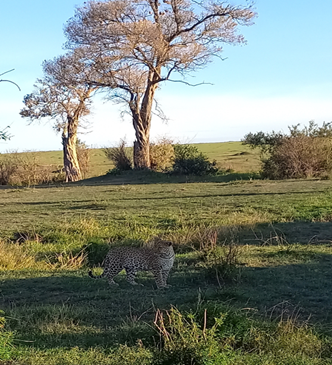
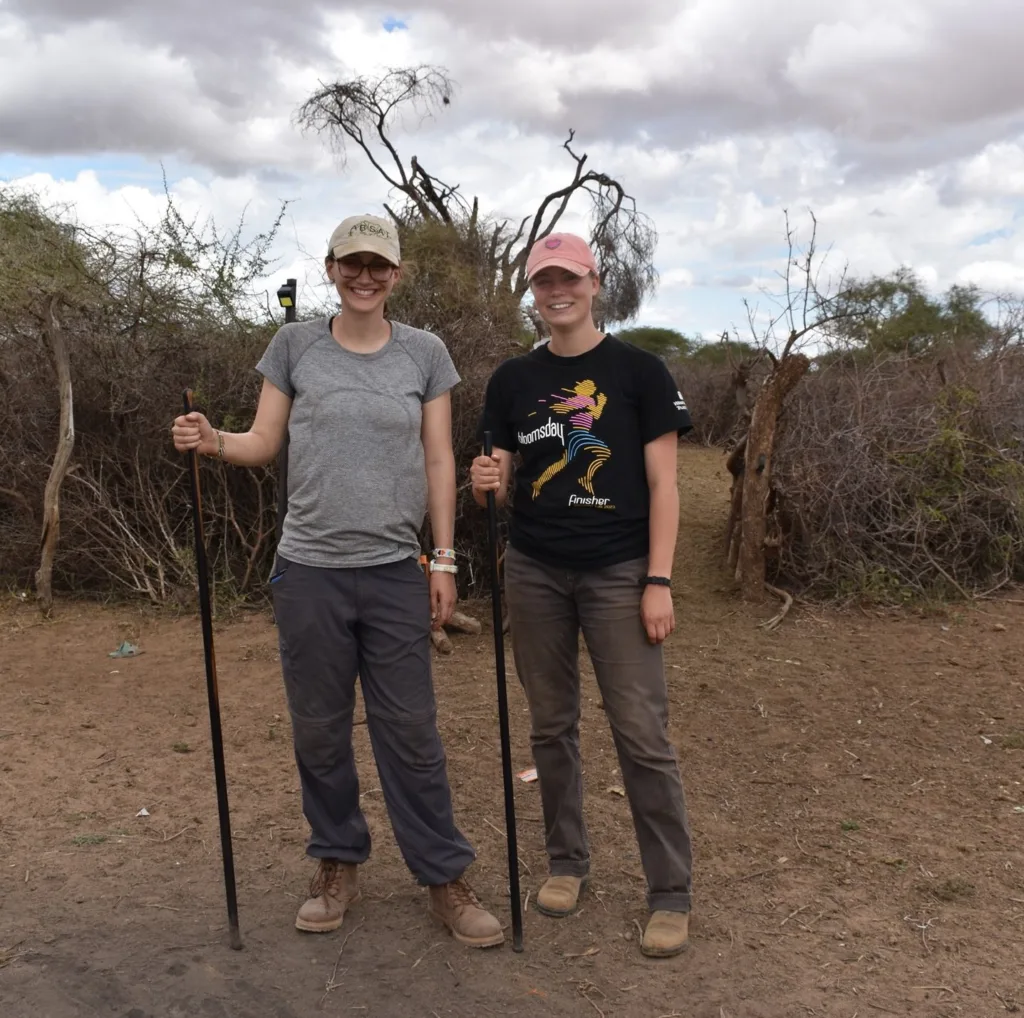
Alumni Reflections: Stories of the Return to Kenya
